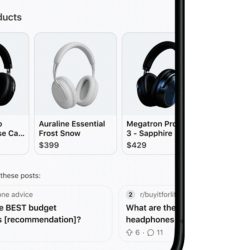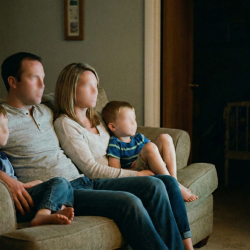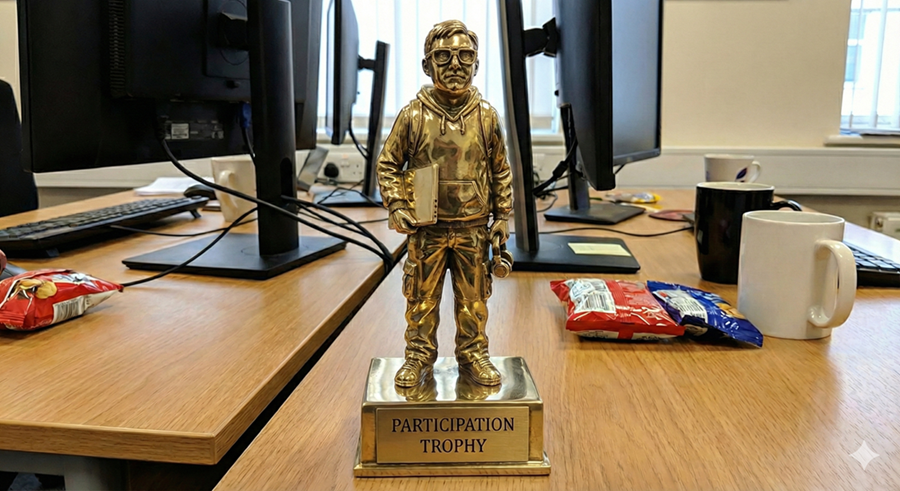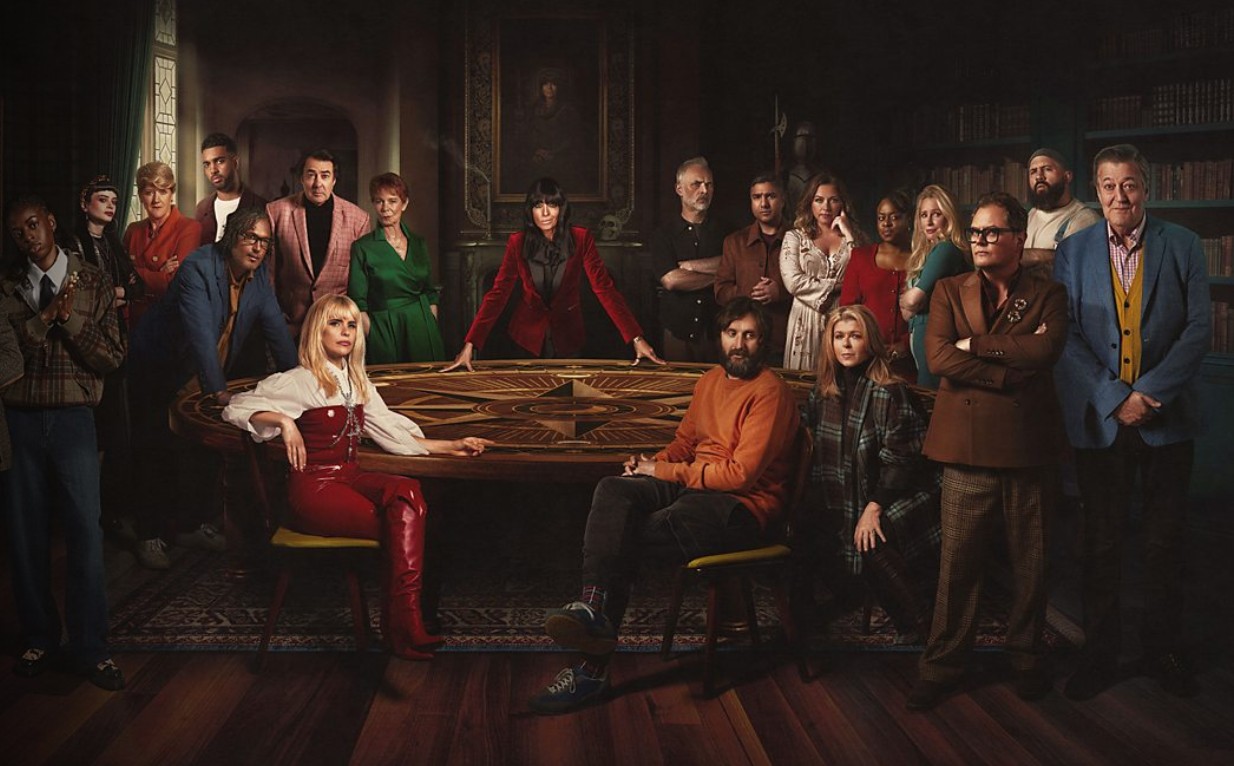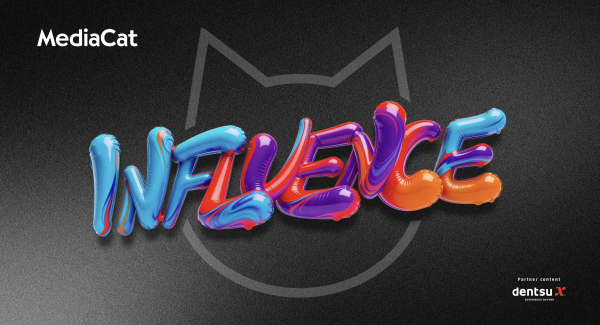Havas Media is intent on putting the human experience back into media. The surfeit of data and proliferation of automation has made marketers lazy and estranged them from the people on the other side of the screens, say Havas Media UK’s group head of strategy Emily Fairhead Keen and strategy partner Dan Holt.
In this environment, brands that provide entertaining and useful media that serves people’s underlying needs will thrive. At least, that’s the thinking behind HX (short for Human Experience), the proposition and philosophy developed by Havas Media to differentiate the agency and give its clients an edge.
In this interview, Fairhead Keen and Holt unpack the origins of HX, its five core human levers, and how brands like Ocado are already using it to create media that feels more useful, entertaining and ultimately, more human.
What problem is HX trying to solve in the media and advertising industry?
Emily Fairhead Keen: We identified that data and technology is dehumanising our relationships with people. From an advertising and media perspective, data and technology are actually moving us away from people, seeing them almost as robots and machines.
I think we became totally lazy with what personalisation can deliver. We think it’s just a kind of one-stop solution and we’re guilty of not thinking about the person behind the click. We’ve defaulted to just putting people in brackets.
The industry started seeing people as proxies and personas and not real people. It’s that kind of reset: thinking about real people, real needs and how media can service that.
We’re not anti-data and technology. I’m just saying it’s been used in the wrong way.
I don’t think we, as an industry, think enough about how what we put out there can be useful or entertaining or improve people’s lives. We’ve got a history of just pumping out reach and going for eyeballs, not thinking about the value in the communication itself.
We’re not saying brands should themselves be human. We’re saying that we should be empathetic and understanding towards them.
You’ve identified five fundamental human levers. How do they shape brand and media strategy?
Dan Holt: The five fundamental levers that make us human are growth, esteem, love, distraction, and certainty.
Growth is all about that need for personal development. Brands need to enable that — through inspirational content or platforms that support that journey.
Esteem is about helping people feel good, attractive, and confident. Brands can play into that — signalling status, building premium behaviours, enabling self-expression.
Love — the brands that do well are those that foster genuine, authentic fandoms and communities.
Distraction is the need for escape and joy. With media, we’ve got the opportunity to create enriching, entertaining experiences. Entertainment brands do that amazingly — especially gaming clients — blending IP and storytelling through high-attention formats like cinema.
Certainty is about reliability. Brands with a reliable service can dramatise that — emotionalise that reliability in new and interesting ways. That’s a challenge we take on.
Can you give an example of what a ‘human experience brand’ looks like in action?
Holt: One example is a campaign we did for Ocado. As an online-only supermarket, they lack visibility and with that makes it difficult to attract new customers. Our brief was to build that connection using HX mapping.
Through that we saw that Ocado is seen as the most human of all the supermarkets. People that use Ocado love Ocado. It’s become symbiotic, part of their routine and ritual. It’s essential to their everyday life. That’s something really powerful that we sought to dramatise.
The creative platform is all about Life Delivered, dramatising that reliability. And we asked, ‘how can we truly deliver life through media? How can media be that connective tissue?’
We over-committed to high-attention channels, for example, sacrificing some reach for environments where people have genuinely positive feelings, like cinema and podcasts. With those channels, you can blow up content and dimensionalise it in new and interesting ways to give that breadth of human experience.
How does an HX mindset shift your approach to media planning?
Holt: You have to choose media formats that can actually deliver that experience. And that’s not just defaulting to always-on social, always-on digital.
That’s a very functional view of media — just serve, serve, serve impressions. Actually, [that approach] doesn’t really care about the environment it lands in, doesn’t really care about the impact on the person.
You’re literally burning money on stuff people aren’t paying attention to. You could argue it’s polluting people’s experience.
The Ocado case was about over-committing to high-attention environments and sacrificing some reach for places like cinema, podcasts — places people feel good about. Because in those channels, you can blow up content, dimensionalise it, and deliver a fuller human experience.
Your Meaningful Brands data showed dropping trust and concern over data use. How should brands think about trust in today’s media landscape?
Fairhead Keen: Trust is a big word. It means different things to different people. For the BBC, it’s top of the agenda, and so it should be. But for Andrex toilet roll, maybe it’s just about delivering the functional benefit. It doesn’t always need to be some high-level purpose.
A Matalan client said something really important — as a service brand, you have to deliver. You have to get that right. The Ocado client said the same. The core of the business has to function.
There’s something interesting from the Meaningful Brands data — younger people trust digital ads much more than older people, especially the over-50s. I think there’s a generational divide.
Patrick Fagan, the behavioural scientist we worked with, said trust is generational and social — it has patterns across decades. But also, the more you talk about untrustworthiness, the more people think they can’t trust anything. There’s a fashion about distrusting brands and authority.
Holt: Trust was just one of the issues, and it’s part of why we believe in this reset.
Behaving in a more HX style increases trust but it also improves a range of brand metrics. You see attachment scores increase, people saying they’d miss the brand if it wasn’t in their life.
It also plays out on premium pricing. There’s an effectiveness piece here. Brands that perform high on human experience go on to outperform their category on metrics like meaningfulness, loyalty, impression, trust, and quality of life.
Why should commercial leaders take HX seriously — beyond ethics or creativity?
Holt: Well, they should care because it’s about growth as well. There’s an effectiveness point in this. Our study shows that brands that perform high on the human experience also go on to outperform the category on metrics like meaningfulness, loyalty, impression, trust, quality of life, and price premium.
What we’re doing — by rethinking your human experience and how you can become a human experience brand — is building effectiveness across both brand and business. We’re seeing that in the Ocado case. It’s having such a positive emotional response.
So yes, we’re building that effectiveness bank — brands that behave this way do better.
What would you like people in media and advertising to take away from the human experience approach?
Fairhead Keen: I think we’ve got to start asking different questions, not just ‘how can I reach this person’ but ‘how can I be useful, how can I be entertaining, how can I improve their life in some way?’
We don’t stop and ask whether what we’re putting out is actually any good, whether it has any value, to the individual or to society.
It’s not just about being seen to care, or ticking a box. It’s about genuinely thinking about what people want and need.
I think it’s about stepping back, having a bit of humility, and remembering there’s a real person on the other end.
Main image by Robert Collins on Unsplash.









